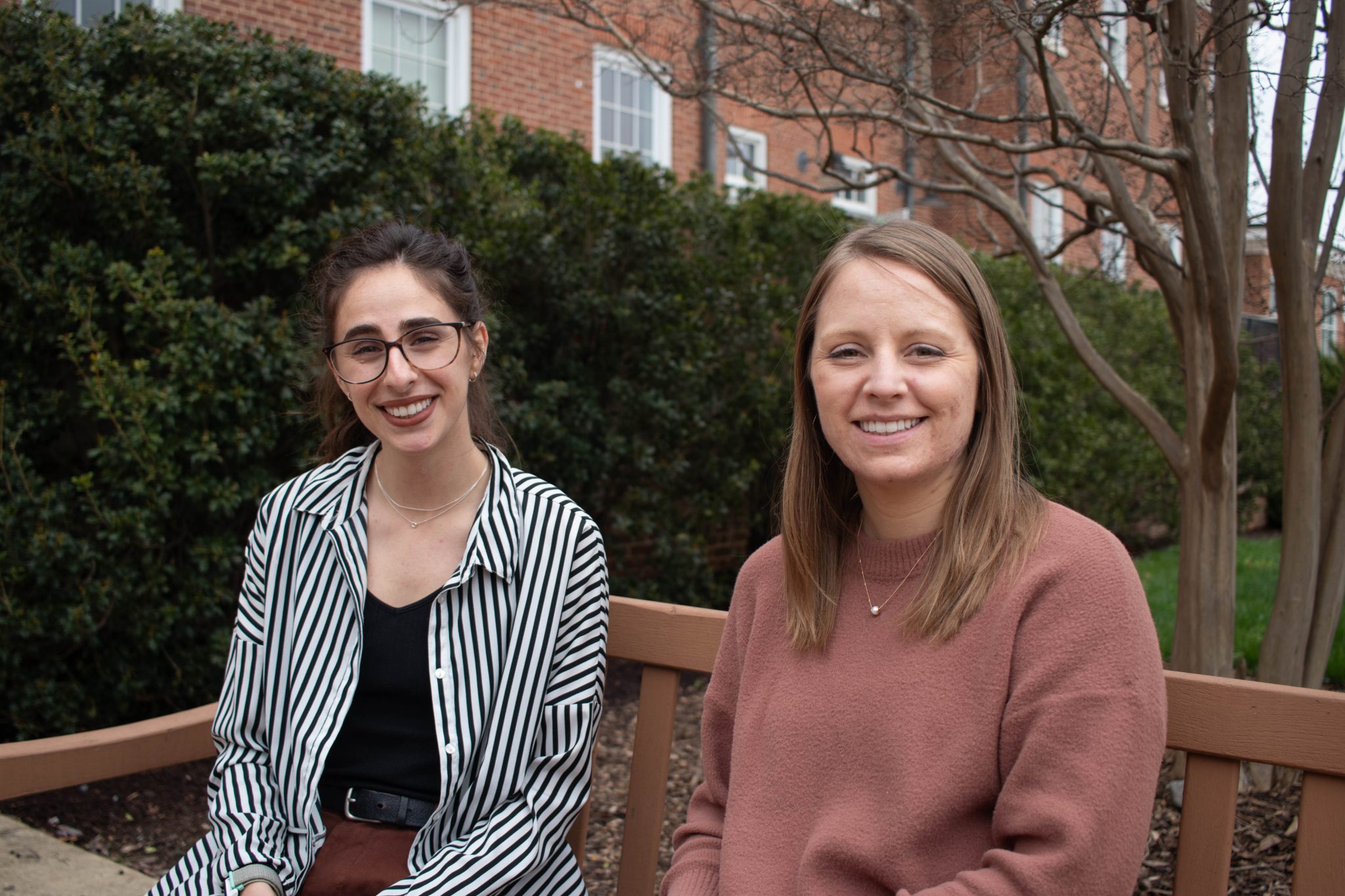University System of Maryland employees are hoping a new federal grant will encourage students to sign up to be poll workers ahead of the 2024 election.
The U.S. Election Assistance Commission awarded the university system with a more than $78,000 poll worker grant, according to a Feb. 8 news release by the commission.
The grant was part of the Help America Vote College Program, which provides grants to encourage poll worker participation among college students. The program’s poll worker grant last received congressional funding in 2010, according to the release. This year, Congress dedicated almost $940,000 for poll worker grants, which were distributed among 14 universities and other entities.
The grant aims to increase youth representation for poll workers in November’s election, according to Paul Brown, this university’s Civic Innovation Center director.
“It’s something that’s disproportionately done by older people and it’s time for young people to step up,” Brown, who worked on the grant, said
Poll workers, known as election judges in Maryland, are paid volunteers who help run in-person polling locations. Their responsibilities include answering questions, setting up voting booths and checking in voters.
To be a poll worker in Maryland, an individual must be at least 17 years old or 16 years old with parent or guardian permission, registered to vote in Maryland and able to speak English, according to the Maryland State Board of Elections.
[UMD president Darryll Pines gives updates on campus facilities plan in State of the Campus address]
During the 2020 election, many states, including Maryland, grappled with poll worker shortages.
In August 2020, the Maryland Association of Election Judges reported a severe shortage of poll workers for the November election, with about 40 percent vacant positions, The Washington Post reported.
Some of the shortages were due to the high percentage of poll workers who are senior citizens, many of whom didn’t volunteer due to lingering concerns about the COVID-19 pandemic, according to an election assistance commission’s 2022 voting report.
In 2020, 47 percent of all poll workers were 61 years old or older, according to the election assistance commission, while only nine percent of poll workers were under 26 years old.
In 2020, Brown said he volunteered to be a poll worker in Maryland to aid the shortage. In recent election cycles, poll workers have become even more important, Brown said, as more people challenge election results.
“If we don’t have fair elections and elections where there are enough people there to administer them, then that is an issue of democracy,” Brown said.
[FAFSA delays cause stress for current, prospective UMD students]
Courtney Holder, Stamp Student Union assistant director, worked with Brown on the university’s grant application.
Holder said college students have unique skills that are necessary at polling stations, including a better understanding of technology and more schedule flexibility. Students can also help young voters feel more comfortable at the polling place, she added
Holder noted that every school in the university system has a “voting contact” — someone on campus dedicated to civic engagement and answering any election-related questions.
The grant funding will go toward developing a toolkit and other resources for these individuals to teach them how to recruit poll workers, Holder said. Brown and Holder also plan to use the grant money to fund incentives for students volunteering as poll workers, she added.
The pair is working with the state and local boards of elections to see where assistance is needed on election day and how university system students can alleviate any poll worker gaps, Holder said.
The system-wide approach of this university system’s proposal is part of what made the proposal stand out, Benjamin Hovland, the commissioner of the election assistance commission, said.
“I look forward to seeing the progress of that program and seeing how it makes an impact all across the state of Maryland,” Hovland said.
Holder, who also served as a poll worker in 2020, said she hopes college students are excited to work as poll workers and engage with democracy and their communities.
“You cannot have a polling location without ordinary citizens and community members,” Holder said.



